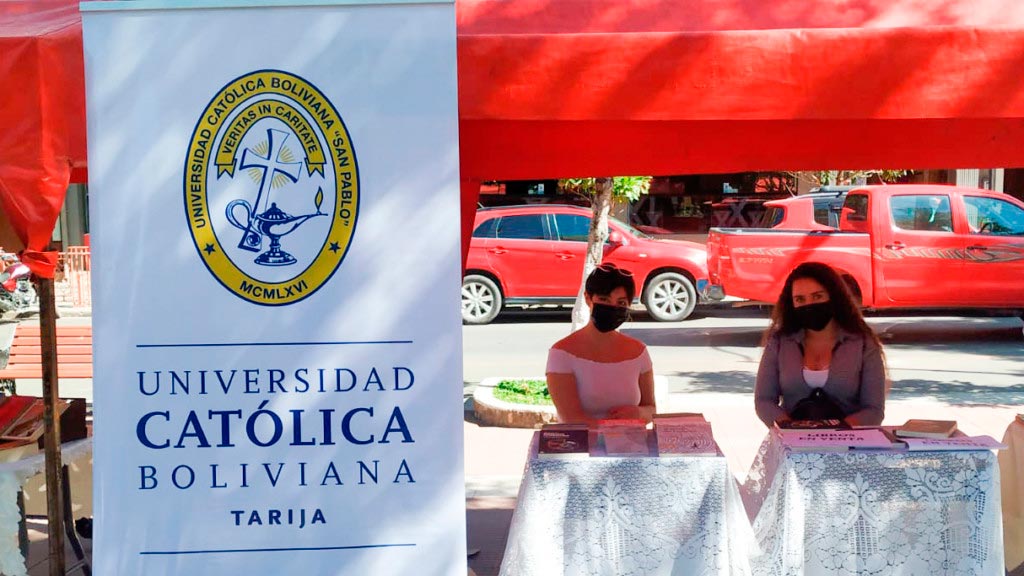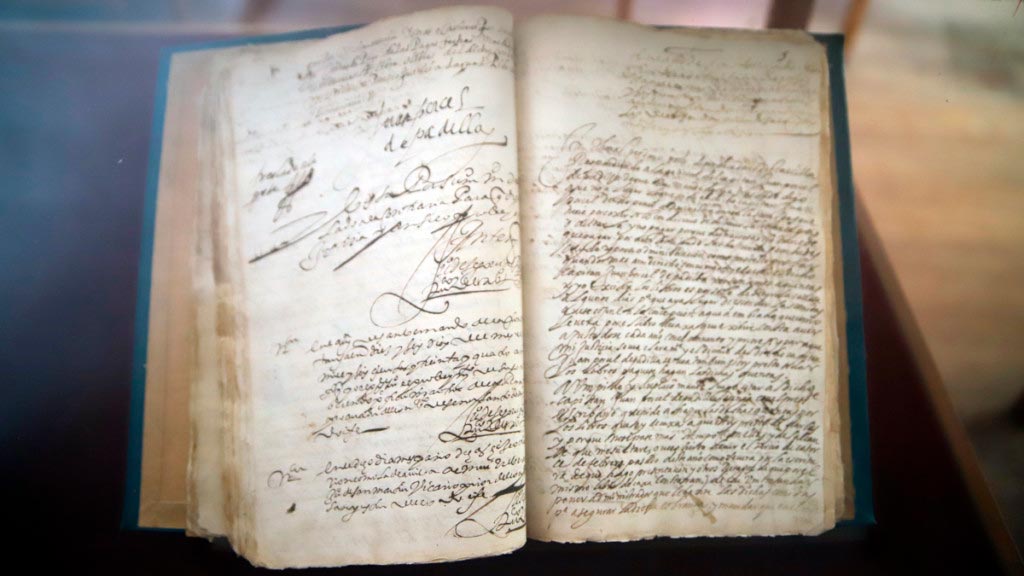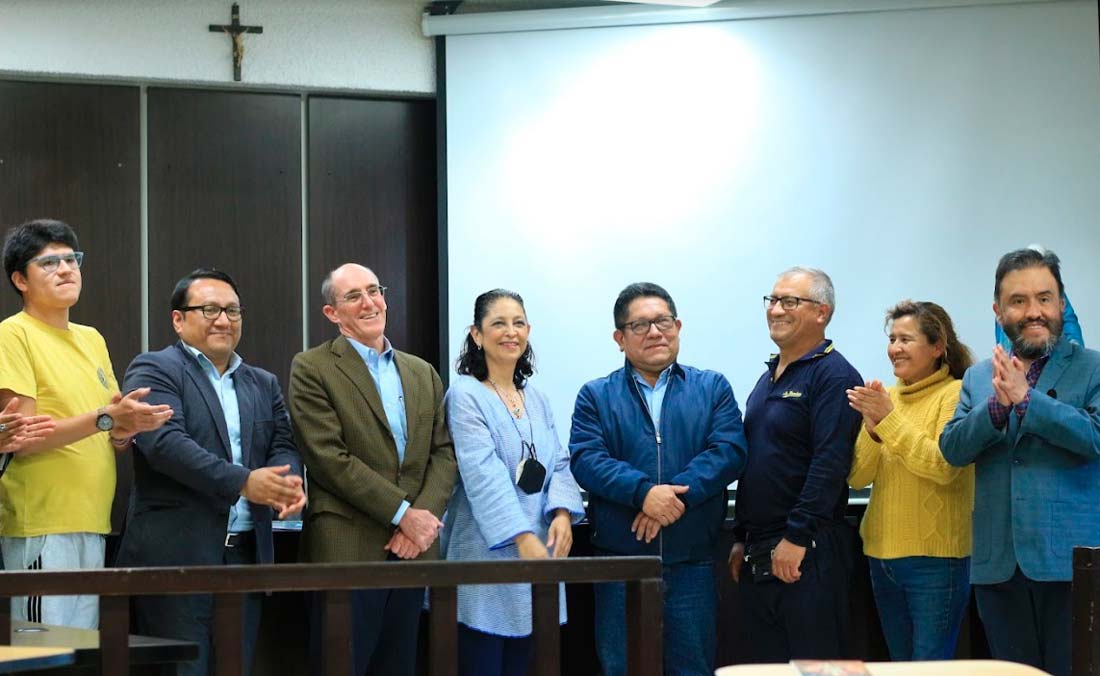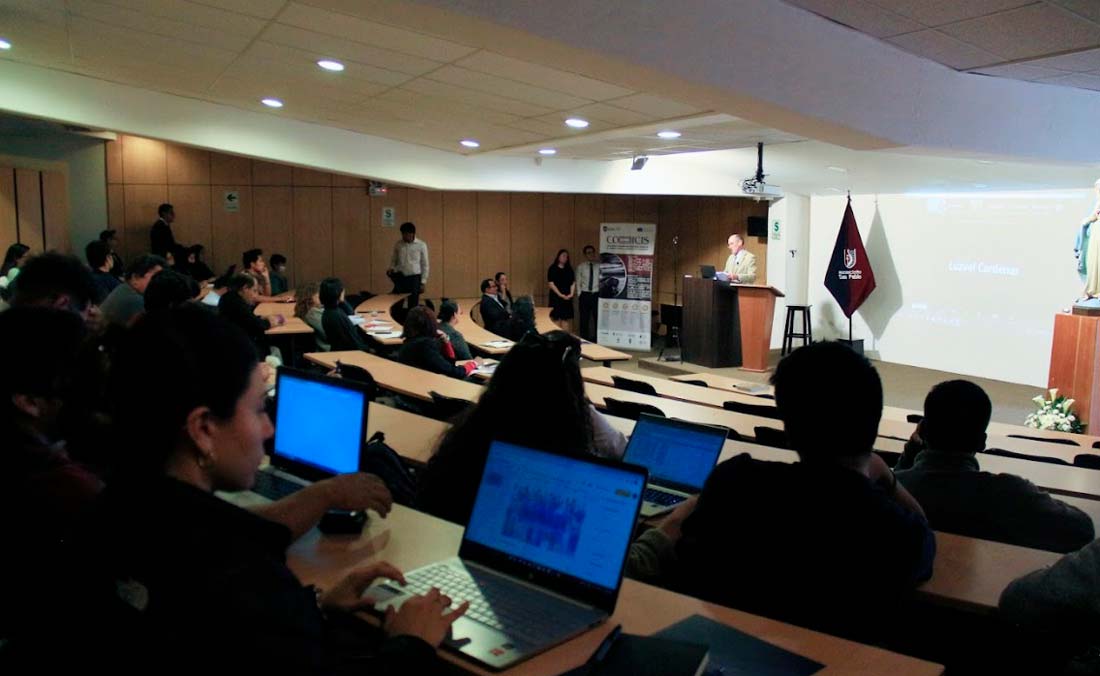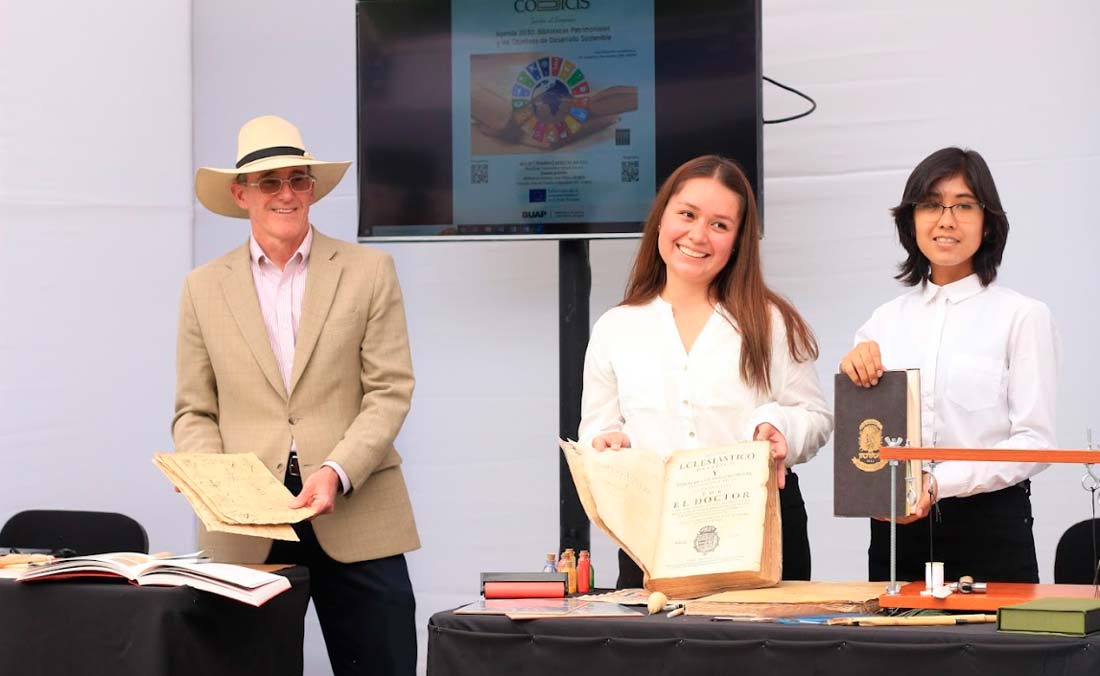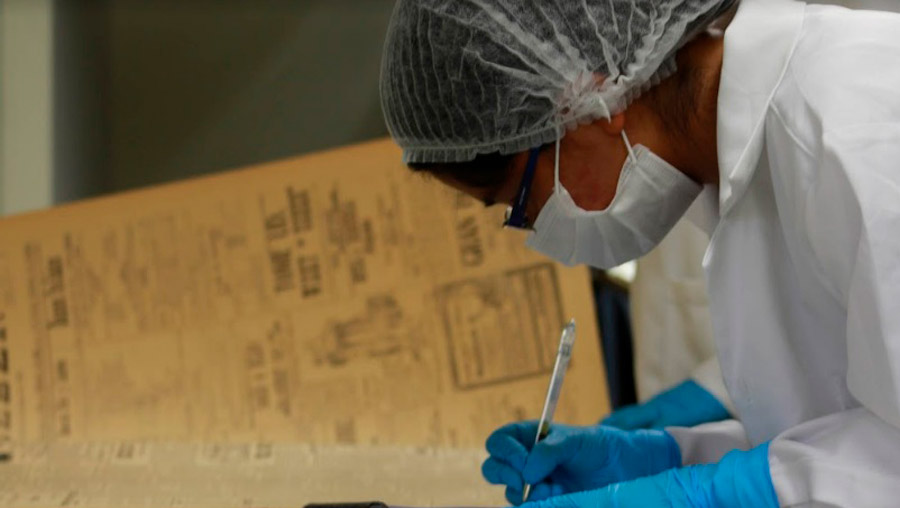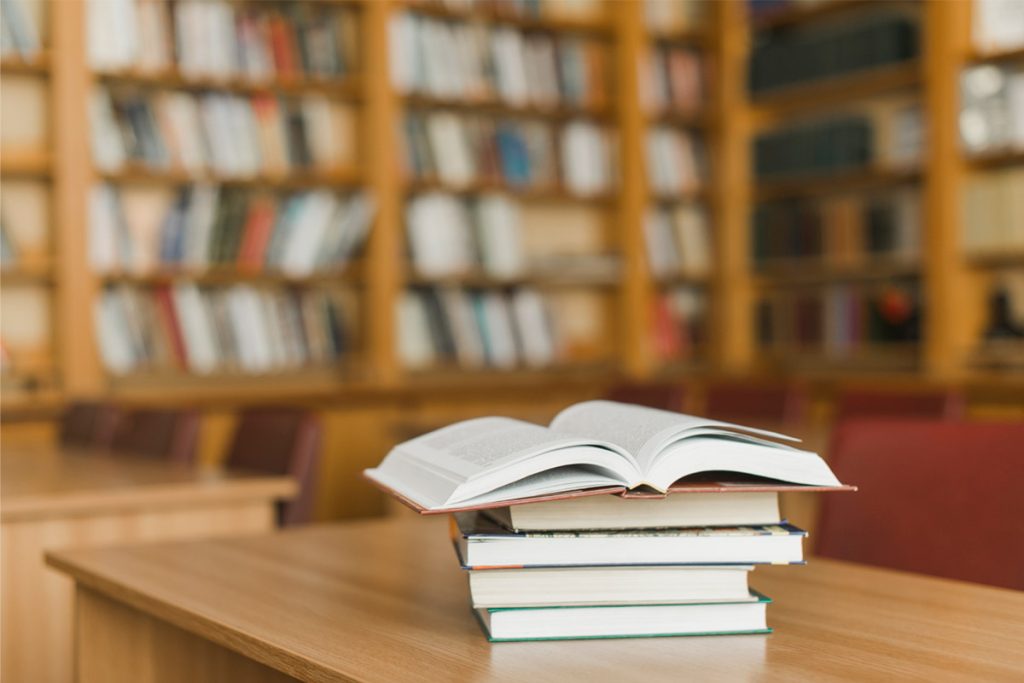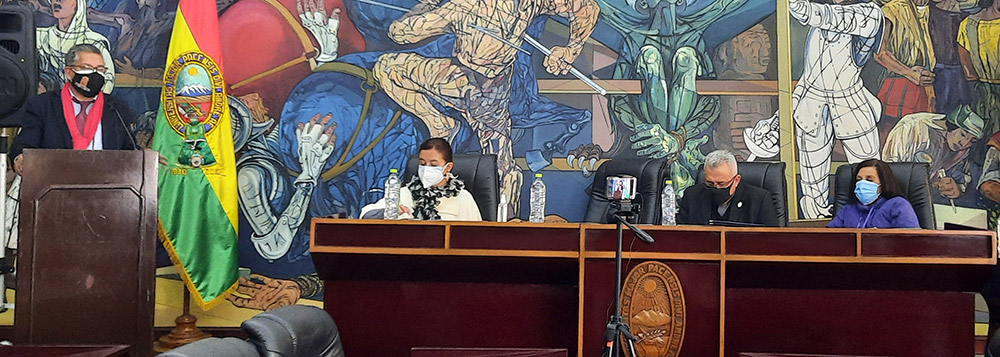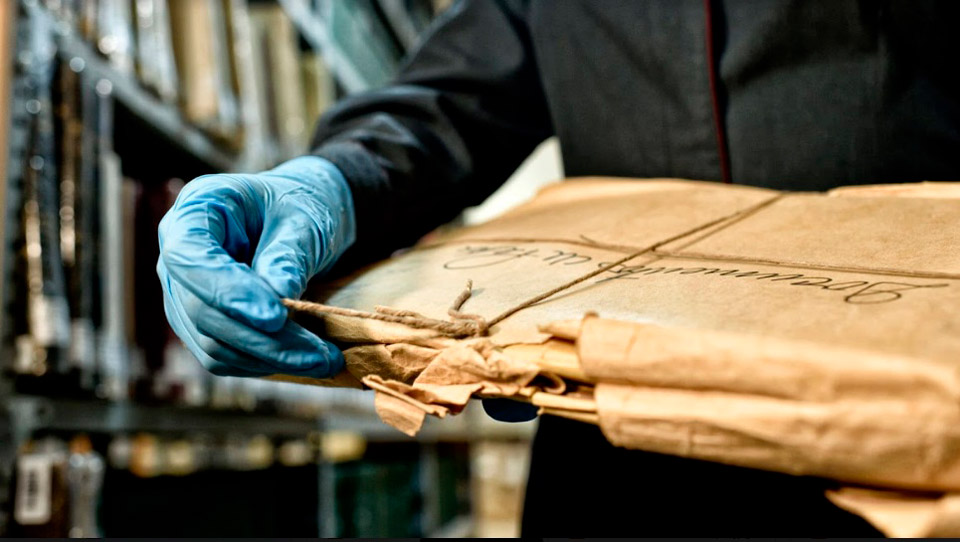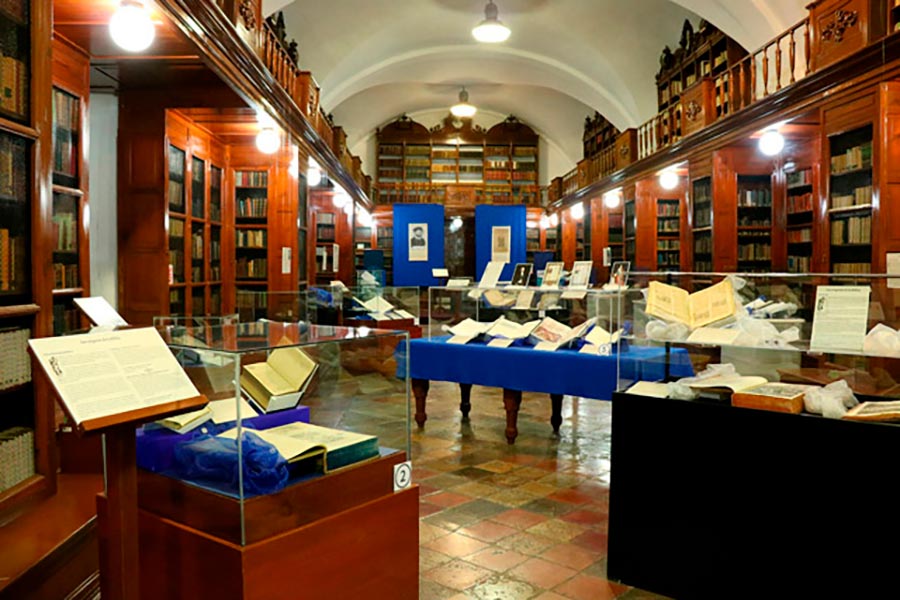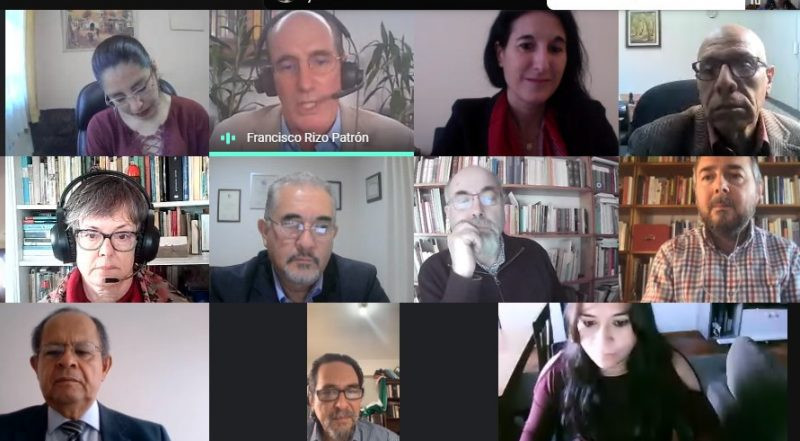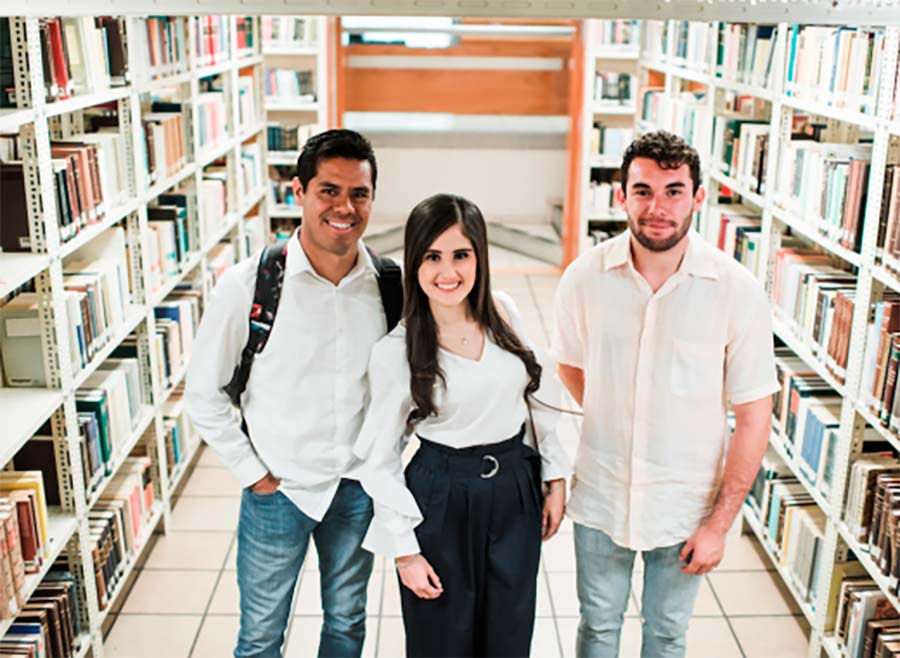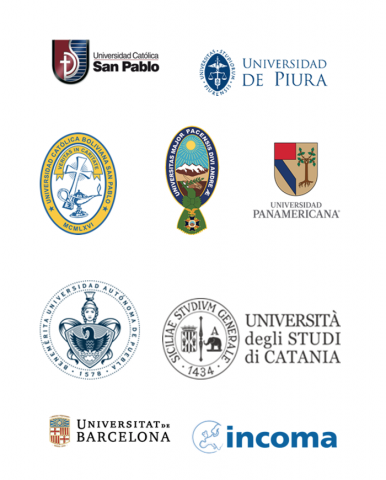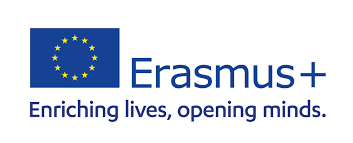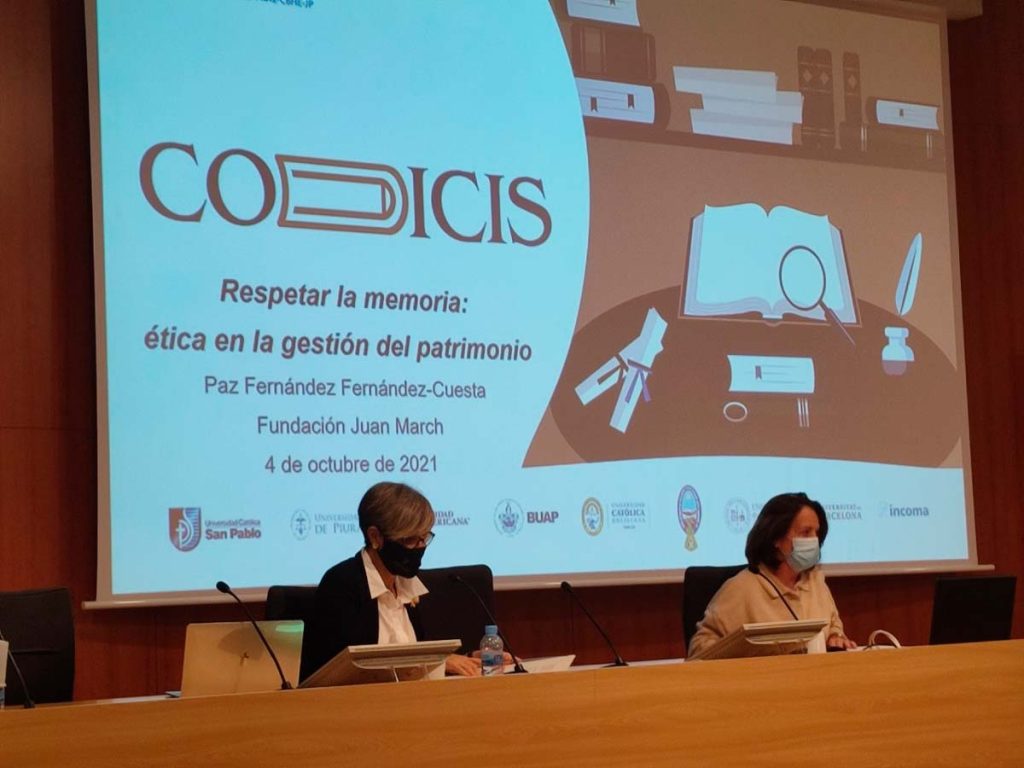As part of the Codicis project that is led by the San Pablo Catholic University
This is an important year for the cultural heritage of Peru, Bolivia and Mexico. The training course in management and conservation of archives and heritage libraries of the project will be held in these three countries. codicis. Participants will receive scholarships. For this reason they will be chosen via competition since they must replicate what they have learned. Its execution is scheduled for the second half of 2022.
Codicis is a project led by the Saint Paul Catholic University and it is made up of 7 other universities from Latin America and Europe. This consortium won competitive co-financing funds from the European Union through the Erasmus+ program in 2019. Its purpose is to promote training on the recovery, conservation and dissemination of bibliographic and documentary heritage in the three countries.
“This is an opportunity to receive professional-level training on the conservation of written heritage and, at the same time, be part of a project that will preserve and have access to the cultural legacy of each town. This is an example of the enormous value of cooperation and joint work between institutions in Peru and Europe,” the organizers indicated.
The course
It will be hybrid, that is, it will be taught in person and virtually. It will be intensive because the beneficiaries will in turn become trainers. The scholarship implies that they take a pilot course to replicate what they learned in the institutions of which they are part. In this way, it will have a greater impact in each of the partner countries.
Francisco Rizo Patrón, professor at San Pablo and coordinator of the Codicis project, explained that the first phase of the project consisted of collecting information about the level of training of personnel who work with heritage, bibliographic and documentary collections and in what situation they find. They will now proceed to design the training, which will be adapted to the situation of each country.
He noted that the work includes the exchange of information and experiences. The fellows will learn about European practices for the conservation of documentary and bibliographic heritage given the extensive experience they have in this regard, but they will also have to share the actions that are developed in their countries in this field.
The 60 scholarship recipients that were initially planned to be trained must be part of the Latin American universities that are part of the Codicis consortium. 10 will be chosen for each one. “They will be future trainers because they will have the ability to cooperate, find solutions in their countries and develop more strategies that are effective. We seek to provide high-level training that is internationally accredited, as well as promote cooperation.
After the course, a collaboration network will be formed between all those who take the course and those who are part of those who are replicated in the universities. The training also entails knowledge of the national and local reality regarding documentary collections and archives, the policy and laws in this regard, as well as local history, the production of books, their circulation, printing presses, among other aspects.
The importance of written heritage
Professor Pedro Rueda Paredes, coordinator of the Codicis team at the University of Barcelona, indicated that it is necessary to safeguard the written heritage so that it can be studied and left for future generations. This requires the development of heritage and cultural policies that allow us to access it, but also the training of qualified personnel in preservation techniques and their value. This is what they are aiming for with the project.
“It's like a museum, but in texts. We need qualified personnel if we want to have a cultural policy in the future, otherwise it will be forgotten or disappear. We must question the latter because if this heritage is lost, the same will happen with our history. We have to be able to prevent something like this from happening and at CODICIS we contribute to this end,” he indicated.
Whether it is a loose document, a book or a collection or another type of file, it requires special care and attention. What is also needed is to democratize the contents and make them known because the community needs to know about its past, about the vast culture recorded in these materials. “There may be equipment and infrastructure, but without well-trained personnel we will not advance,” said Professor Rizo Patrón.
As part of the project, in October of last year the “Days on European good practices in bibliographic and documentary heritage” were held, an activity that meant extensive learning about virtual training and made it possible to learn about the progress in this regard. They were broadcast and are still online on the University of Barcelona's YouTube channel: www.youtube.com/user/FBiDUB. To date more than a thousand people have seen them.
The Codicis project is made up of the San Pablo Catholic University (project coordinator) and the University of Piura in Peru. In Mexico, the Benemérita Autonomous University of Puebla and the Pan American University Guadalajara headquarters and in Bolivia, the University of San Andres and the Bolivian Catholic University Tarija headquarters. For Europe, it is made up of University of Catania, Italy and the University of Barcelona, Spain. Added to them is the International Consulting and Mobility Agency (Incoma) from Seville, Spain.
Arequipa, January 7, 2022
See the note on the original site: Here
